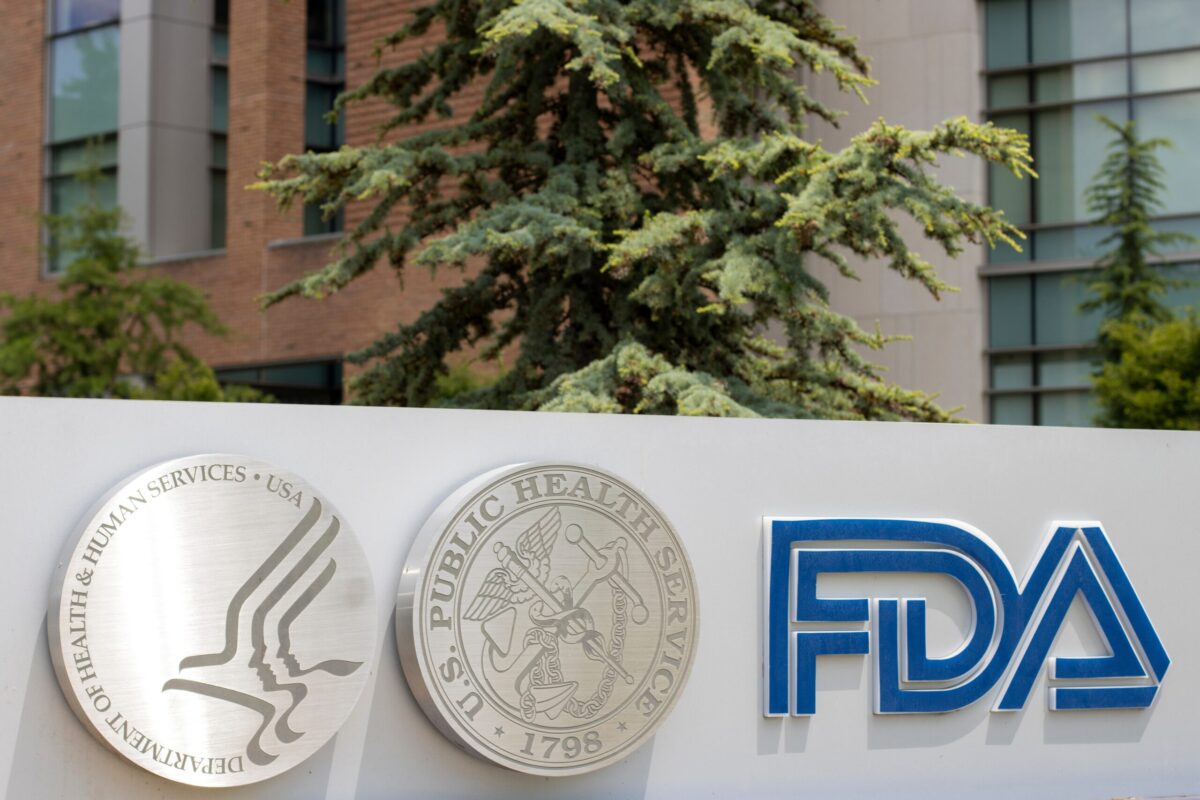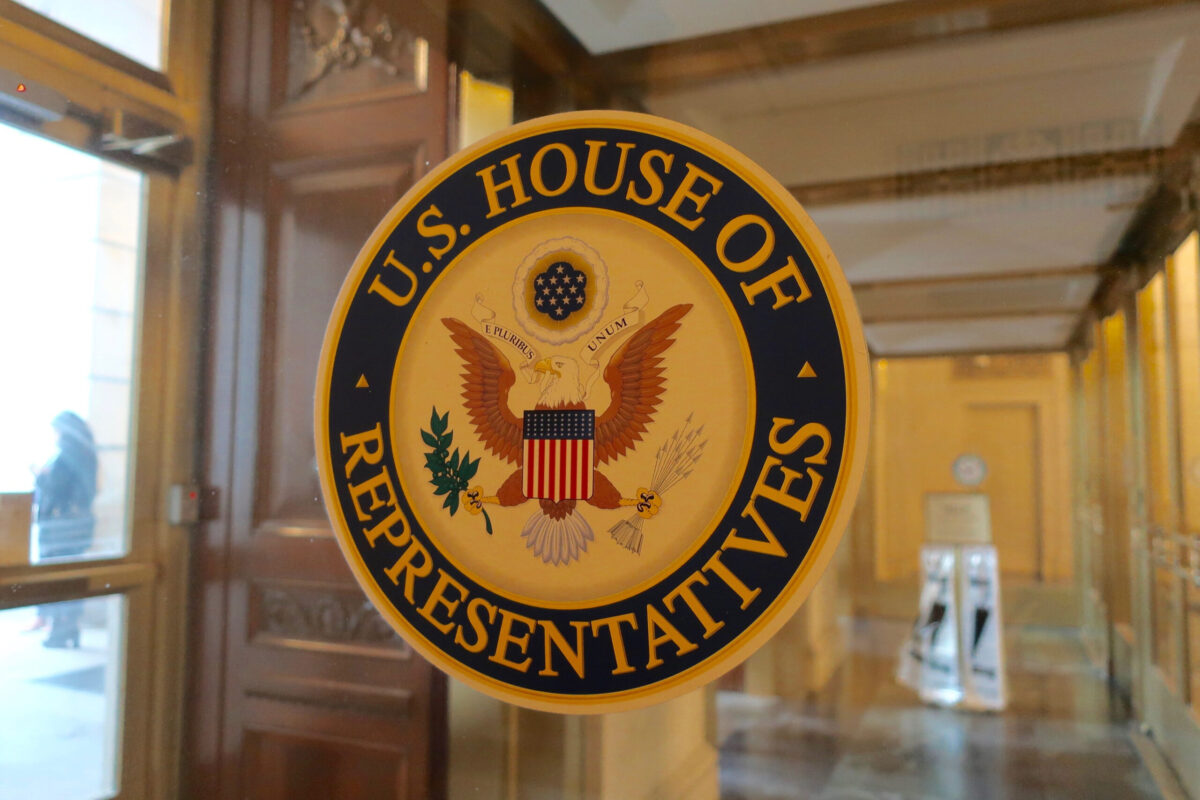In a release issued earlier this week, the European Medicines Agency (EMA) said it plans on surveying UK companies on their “Brexit preparedness plans” in an attempt to prevent any impending drug shortages which could affect the drug supply. Pharmaceutical companies with headquarters in the UK, along with manufacturing sites in the country, are among the businesses that will be contacted by the European regulator.
The EMA believes this strategy will serve multiple purposes. The results of the survey will identify companies who will need to implement actions to address the risk of medicines shortage when the UK is expected to leave the EU in March 2019. The survey will also help the EMA itself prepare for its move from its current headquarters in London, to Amsterdam.
“The survey will also serve to stimulate those companies who have not yet taken any action to start planning for any regulatory steps required for their centrally authorised products to remain on the EU market post-Brexit in order to minimise disruption to medicines supply and avoid shortages,” said the EMA release.
According to EMA figures, 427 of the total 1,165 drug products for human use marketed across the EU – known as centrally authorized products (CAP) – have UK-based marketing authorization holders. Over 320 of those products are monitored by a UK-based Qualified Person responsible for Pharmacovigilance.
About 900 people are currently employed by the EMA, however the regulatory authority expects some attrition as it makes its move to the Netherlands. The aftermath of Brexit is expected to cause disruptions in the EMA’s ability to regulate drug products, including approving new drugs, monitoring drug safety and ensuring a consistent supply of medicines.
UK pharmaceutical companies and other drugmakers will have until February 9, 2018 to complete the survey.












Join or login to leave a comment
JOIN LOGIN